Sleep remains one of the pillars of our health and well-being, as pivotal as the air we breathe or the food we consume. However, the journey of sleep is not the same for everyone. An alarming number of people grapple with sleep disorders that thwart their ability to rest and rejuvenate adequately.
Understanding Sleep Disorders
Sleep disorders are not merely about feeling groggy the next day. They're multifaceted issues that manifest in numerous ways. By definition, these disorders encompass conditions that impede one's ability to sleep well on a regular basis. These disturbances in sleep patterns can have profound physiological and psychological implications, affecting our daily energy, productivity, emotional balance, and even overall health.
The Silent Epidemic: Insomnia
Insomnia, often termed as the inability to fall or stay asleep, can be transient or a lingering concern. It’s categorized mainly into acute, which is short-term, and chronic, lasting for longer durations. Factors triggering insomnia range from stress and lifestyle habits to underlying medical conditions. People grappling with this disorder often report decreased energy levels, mood disturbances, and diminished performance at work or school. The remedy? Treatment approaches span from behavioral therapy to medication, aiming to restore a healthy sleep pattern.
The Overlooked Disruptor: Sleep Apnea

Then there’s sleep apnea, a rather deceptive disorder where breathing sporadically stops and starts during sleep. It's not just the loud snoring that's concerning. Unchecked, sleep apnea can lead to serious heart conditions and other health risks. Multiple types exist, including Obstructive, Central, and Complex, each with its unique characteristics and implications. Devices like the CPAP machine, certain surgeries, or even simple lifestyle changes can effectively manage this disorder.
Restless Leg Syndrome (RLS): More Than Just a Twitch
Restless Leg Syndrome, often brushed off as a mere twitch or itch, is much more than that. This neurologic sensorimotor disorder causes an irresistible urge to move the legs, especially during rest. Two primary forms exist: primary, with no known cause, and secondary, often resulting from another medical condition. While some might need medications, others find relief in lifestyle changes.
Narcolepsy: Not Just Daytime Sleepiness
Narcolepsy, characterized by overwhelming daytime drowsiness and sudden sleep attacks, is a force to reckon with. It’s essential to differentiate between the two types. Type 1 comes with cataplexy, and sudden muscle tone loss, while Type 2 does without it. It's not merely about feeling sleepy in the day. Triggers can be as simple as laughter or strong emotions. Current treatments, ranging from medications to lifestyle adjustments, offer hope for better management.
Parasomnias: More Than Bad Dreams
Parasomnias introduces a spectrum of disruptive sleep events: sleepwalking, night terrors, or even REM sleep behavior disorder. While some might recall vividly the terror of a nightmare, others might have no memory of their nocturnal activities. Causes vary from stress to other underlying disorders, making it essential to understand and address each case distinctly.
The Dance of Our Internal Clock: Circadian Rhythm Sleep Disorders
Each of us dances to the rhythm of our internal body clock. However, sometimes, this clock goes awry, leading to Circadian Rhythm Sleep Disorders. This misalignment can result from genetics, lifestyle, or even work schedules. Whether you're a night owl forced to rise early or an early bird working night shifts, understanding and realigning your circadian rhythm is crucial for optimal health.
Seeking Help: Breaking the Stigma

Historically, sleep disorders were often swept under the rug, deemed as mere bad habits or brushed off with the adage "it's all in your head." However, today, with an ever-growing understanding, it's essential to recognize the importance of seeking help. Sleep clinics and specialists offer a lifeline, a journey from diagnosis to tailored treatment plans.
Sleep disorders, while daunting, aren't insurmountable. A combination of professional intervention, lifestyle changes, and societal understanding can pave the way for restful nights and energized days. Remember, it’s not just about the quantity of sleep but its quality.
In line with our mission at Empower Sleep, we advocate for an informed approach to sleep wellness. Should you or a loved one need guidance on your sleep journey, explore our array of diagnostic and therapeutic options tailored to individual needs.
Sources
- National Library of Medicine. Insomnia and Its Impact on Physical and Mental Health
- National Heart, Lung, and Blood Institute. What is Sleep Apnea?
- Mayo Clinic. Restless Leg Syndrome.
- National Institute of Neurological Disorders and Stroke. What is Narcolepsy?
- National Library of Medicine. Parasomnias.
- National Heart, Lung, and Blood Institute. What are Circadian Rhythm Disorders?




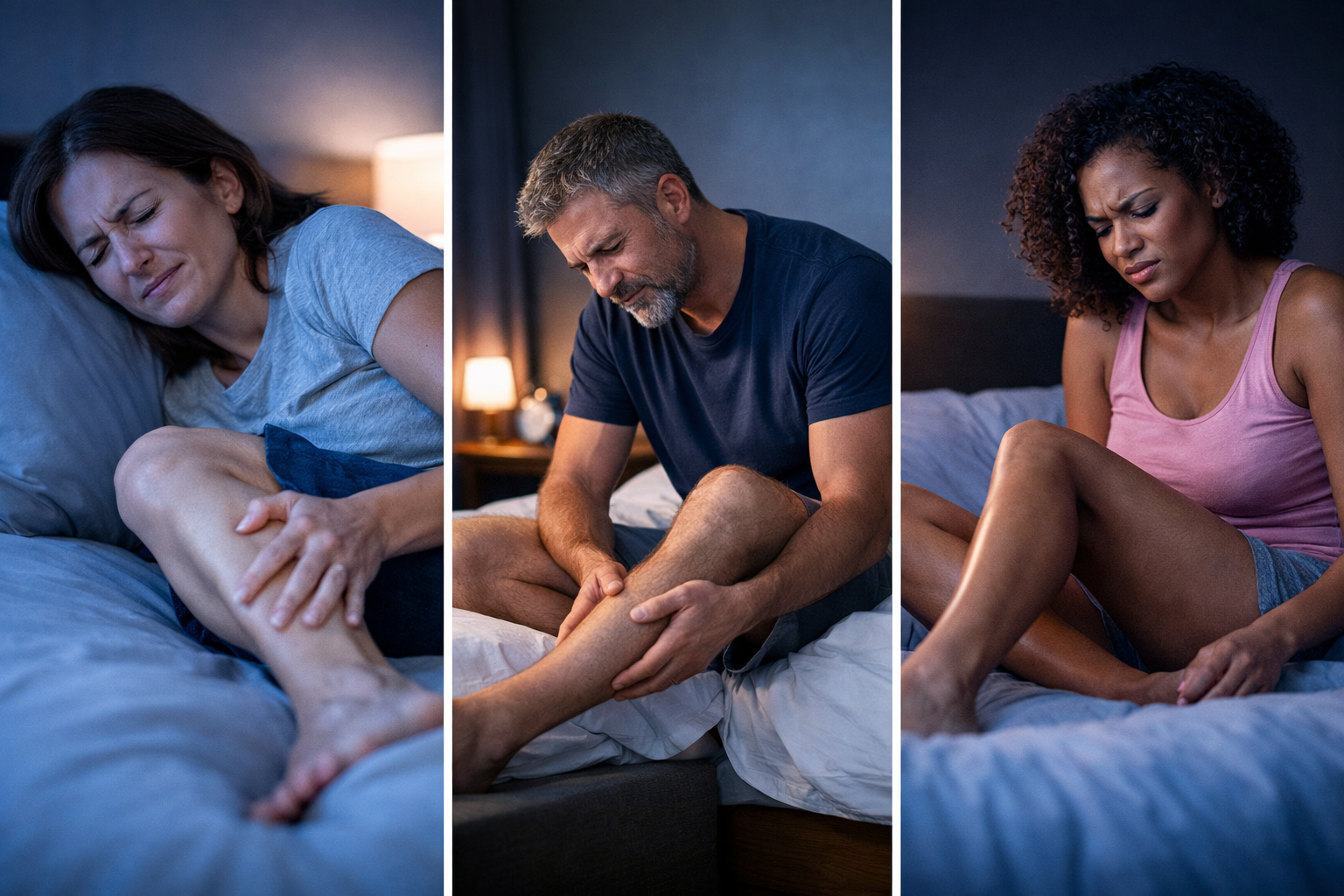
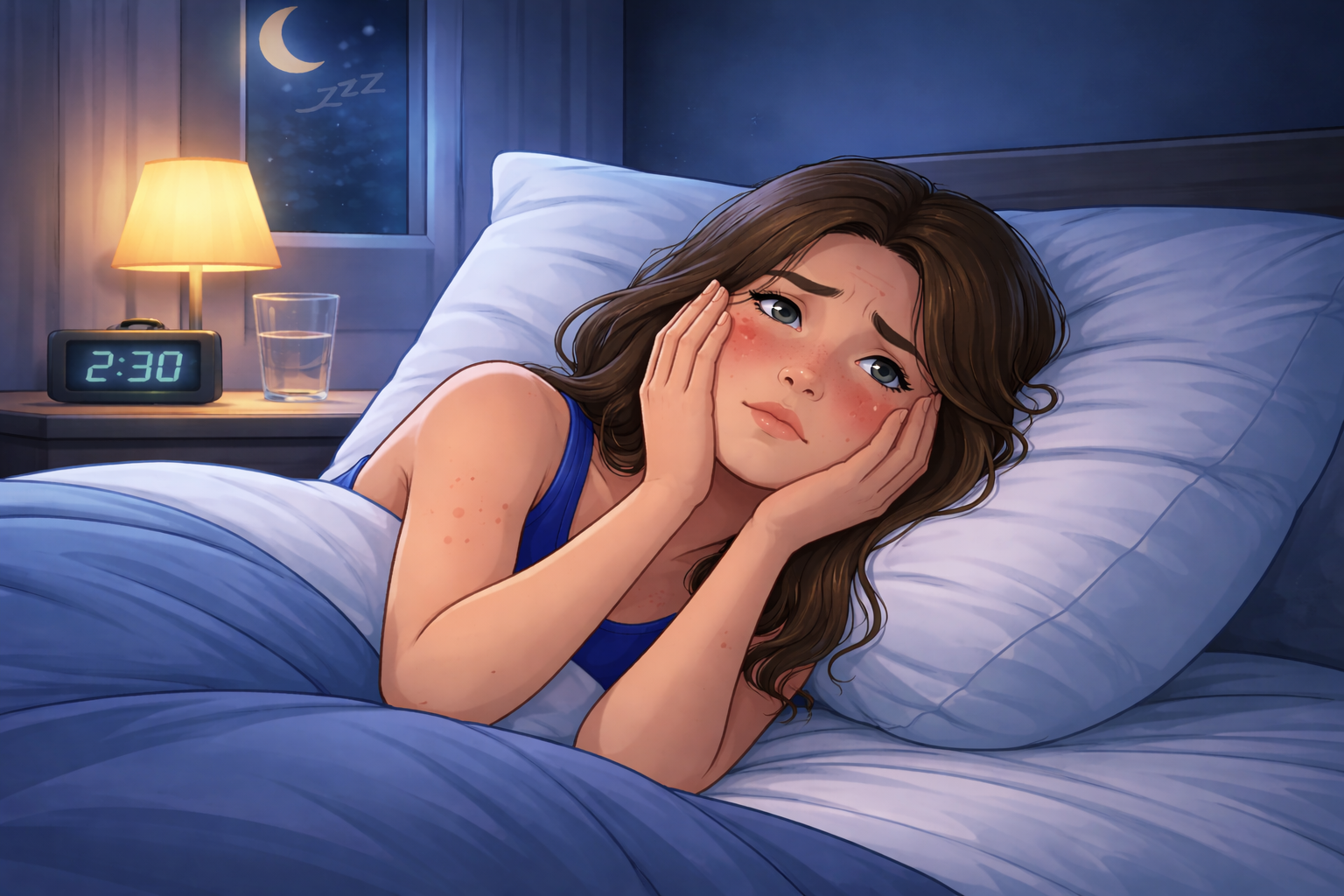


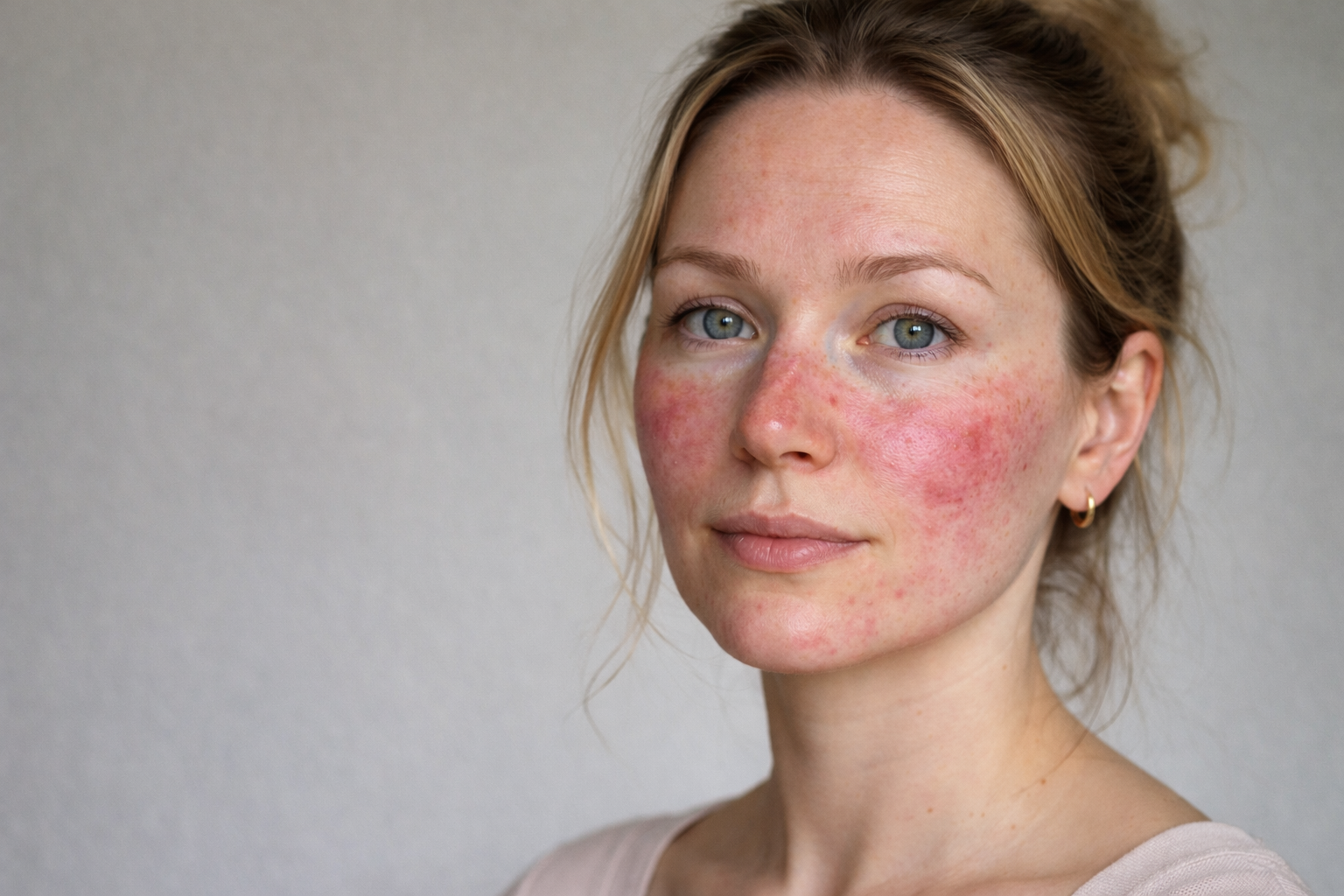

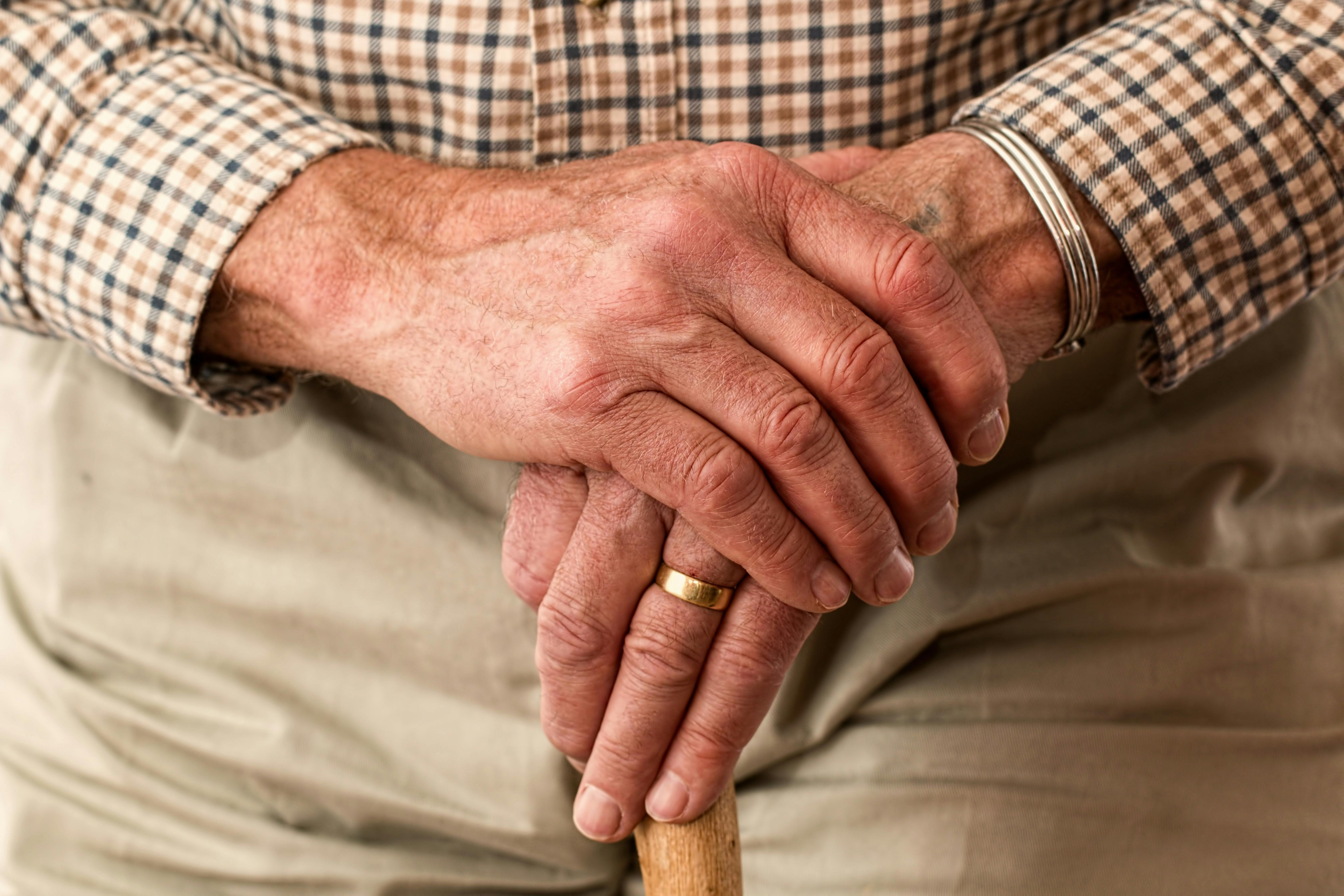
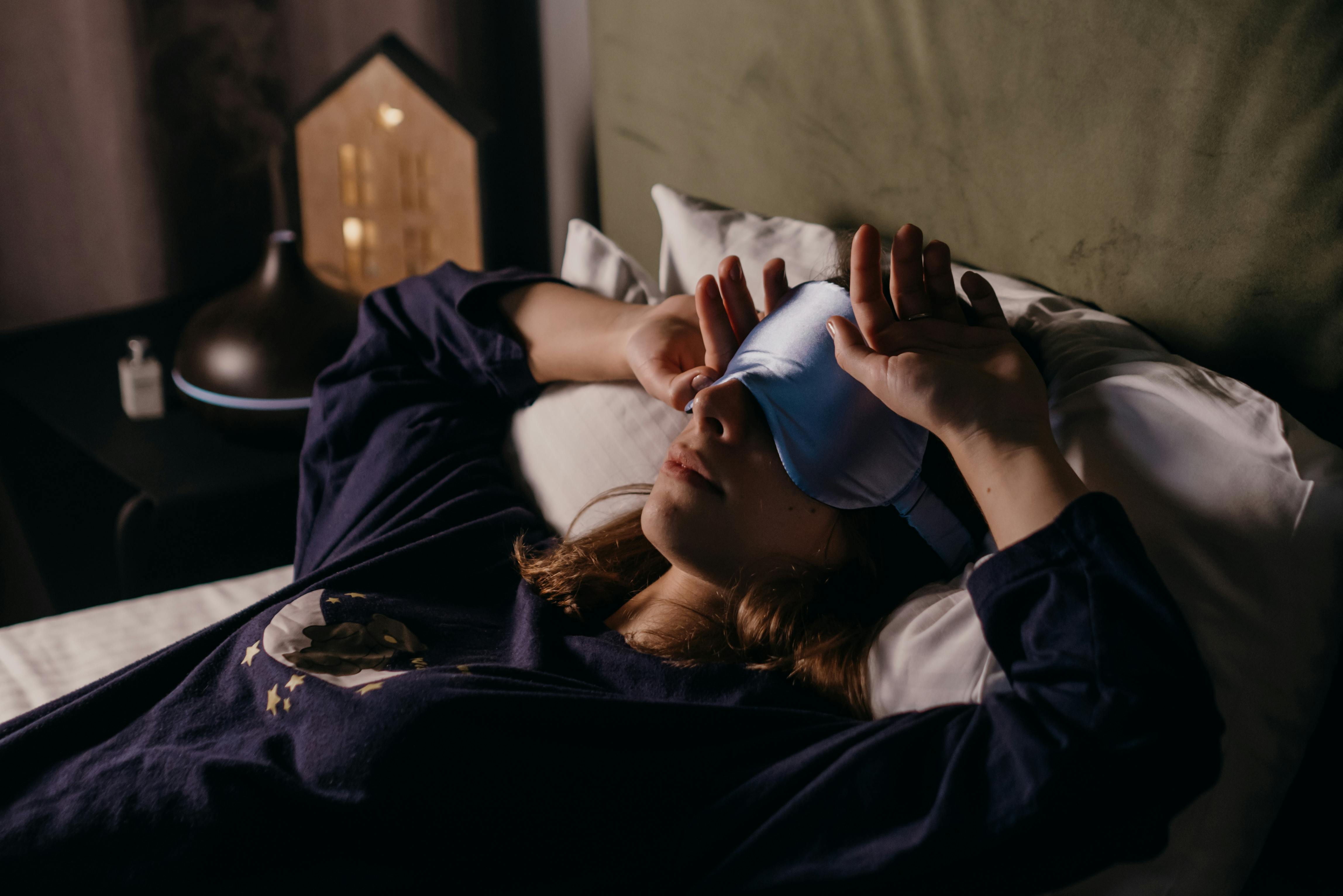

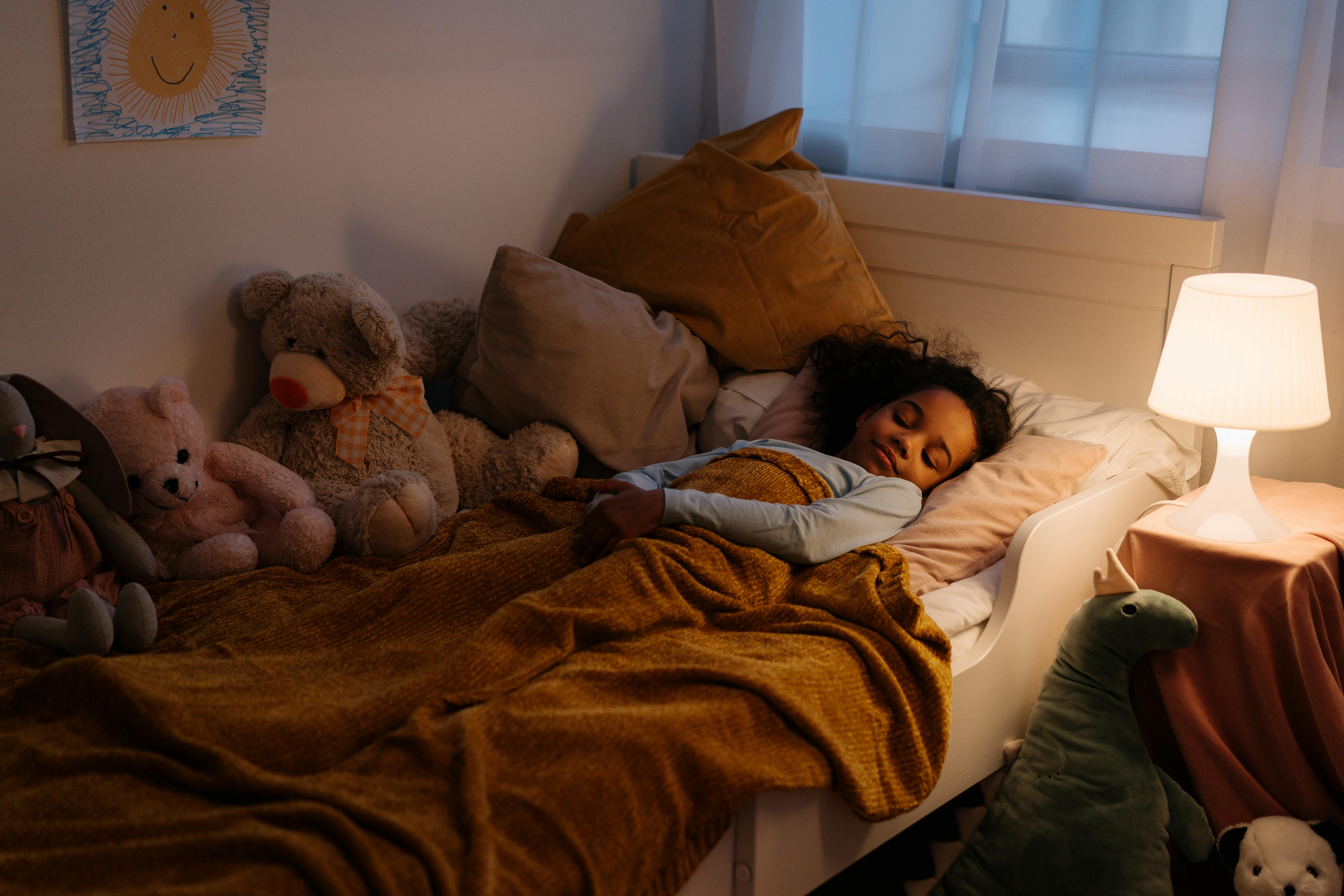
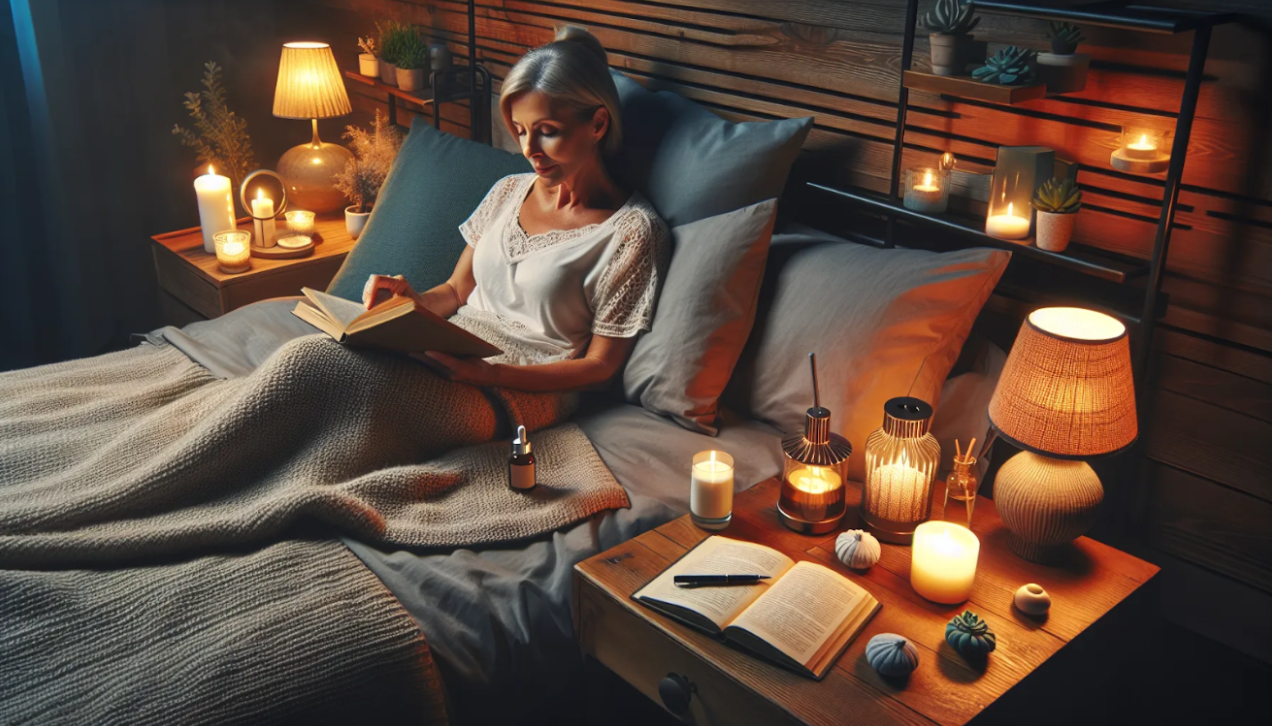







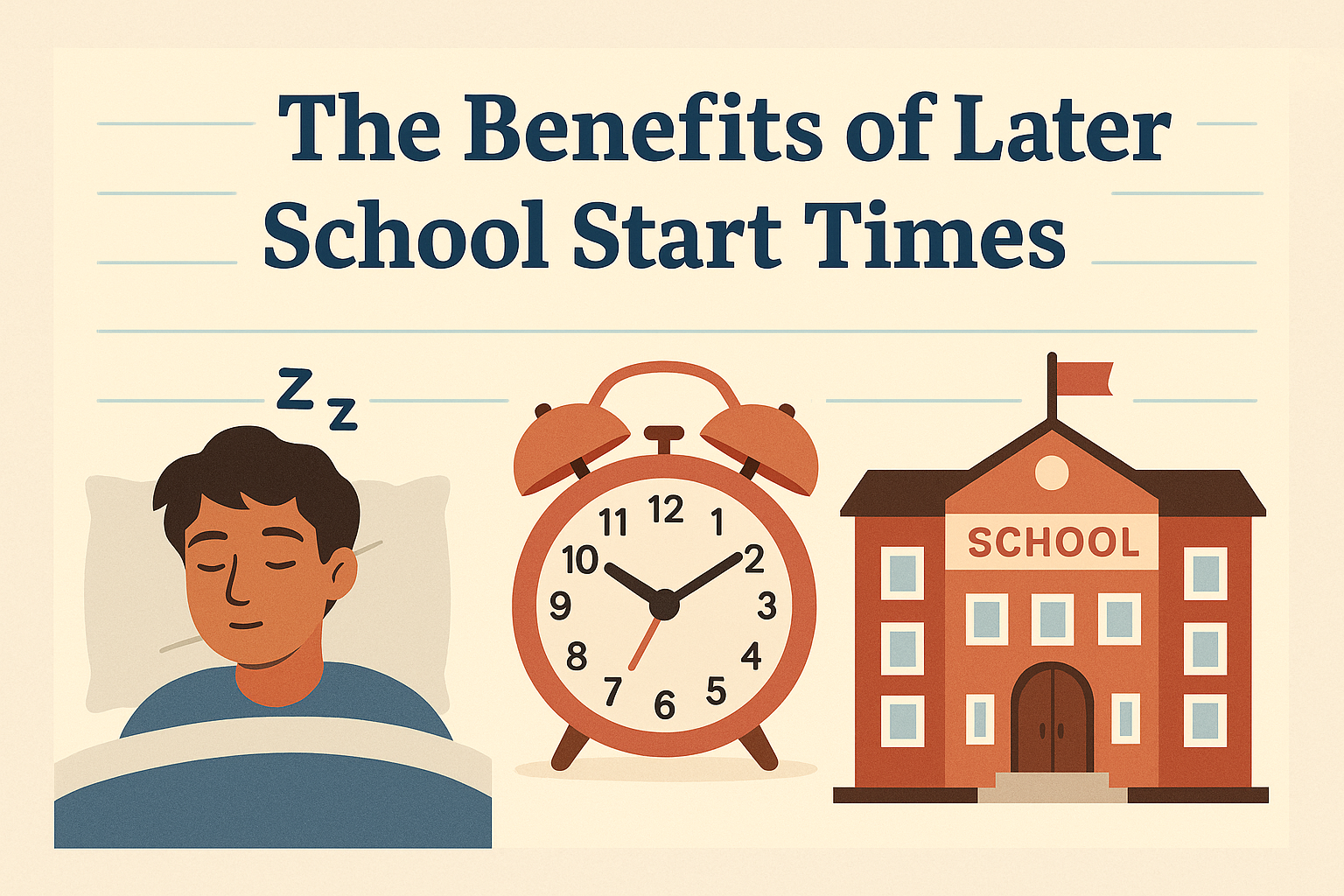

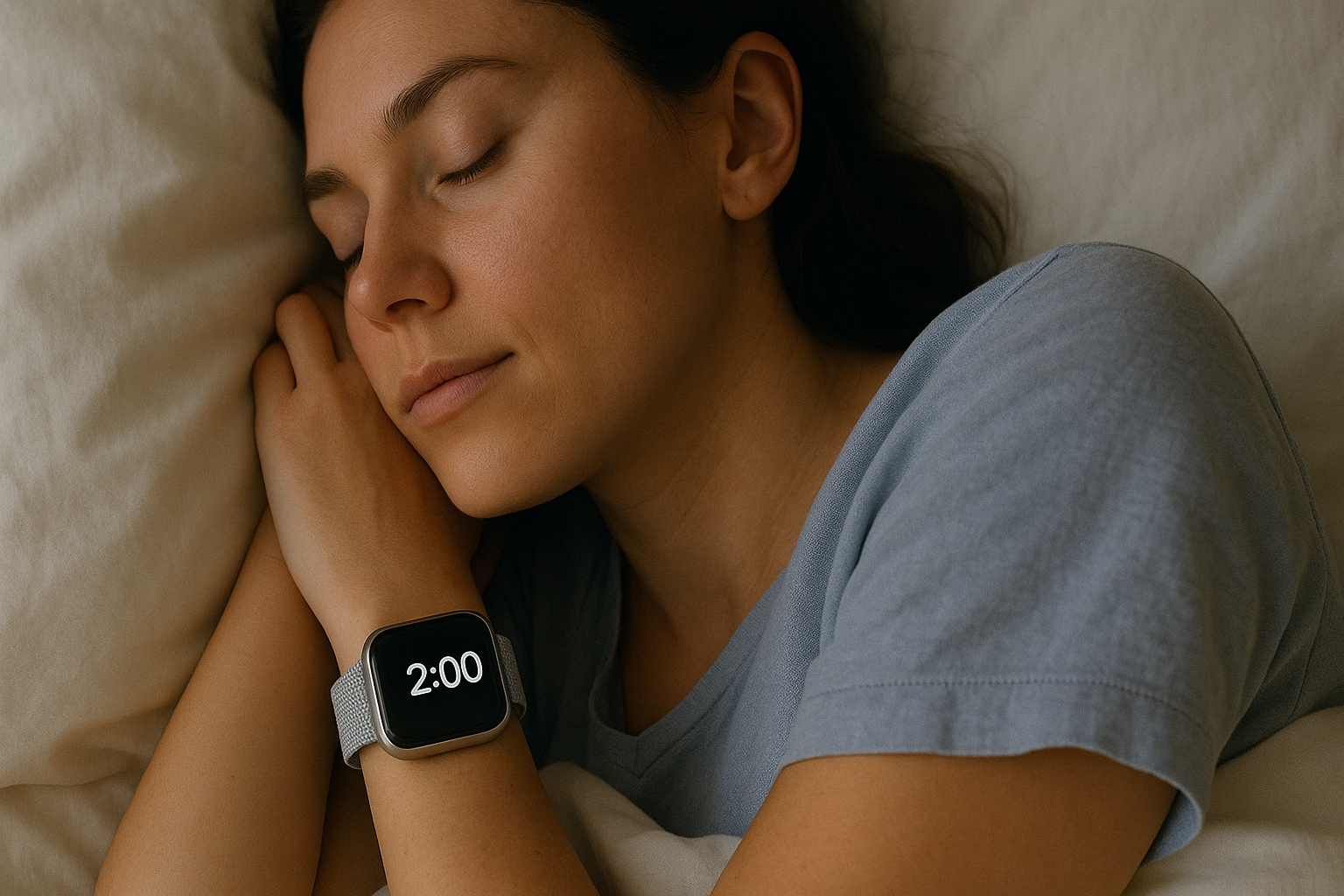


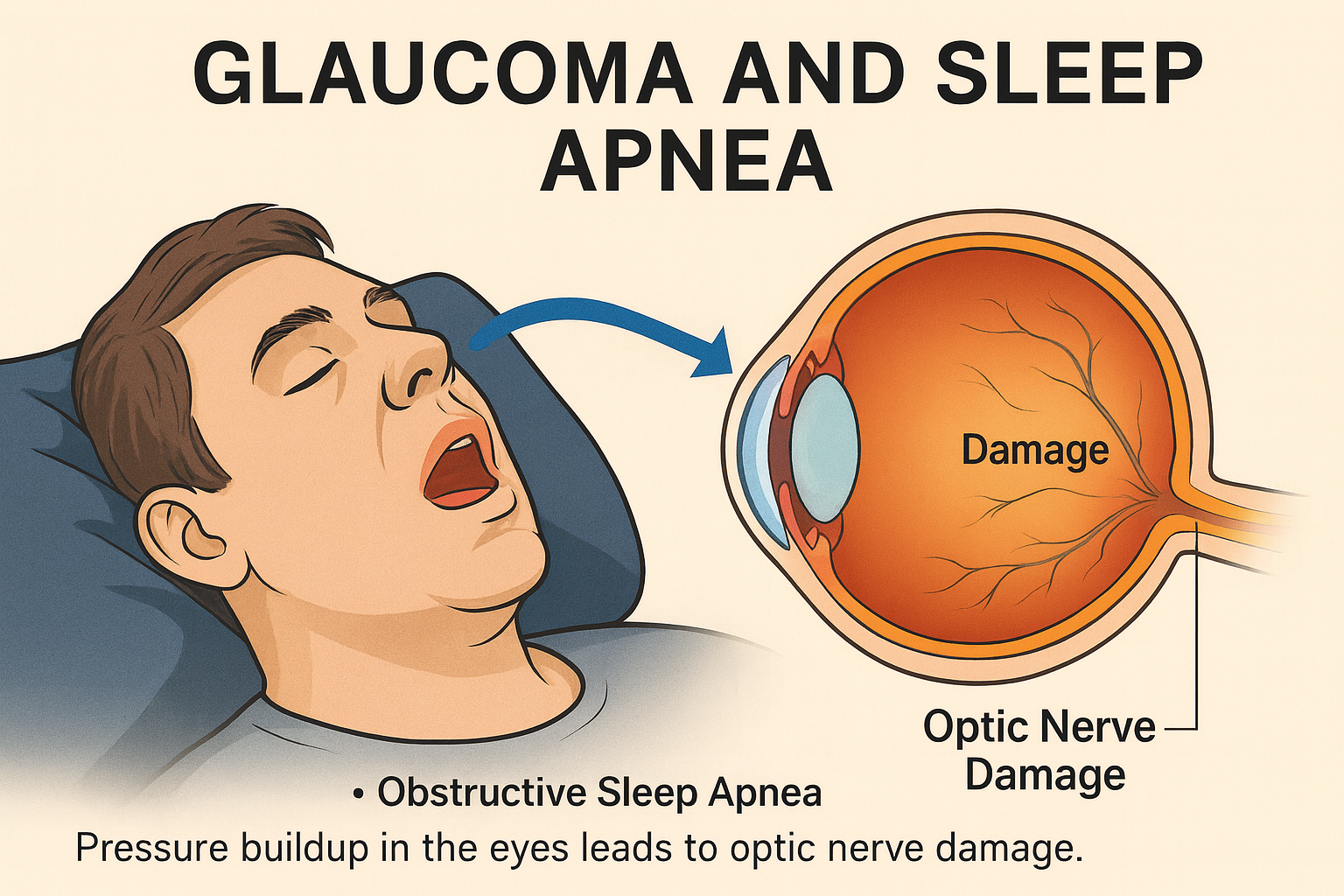
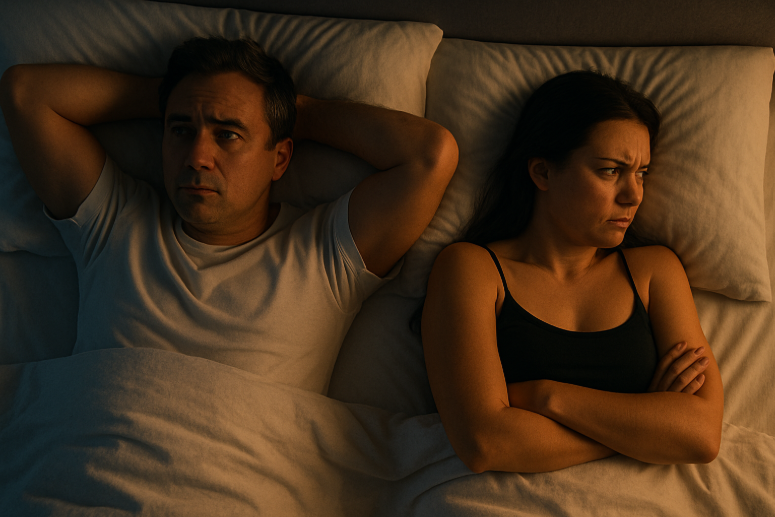
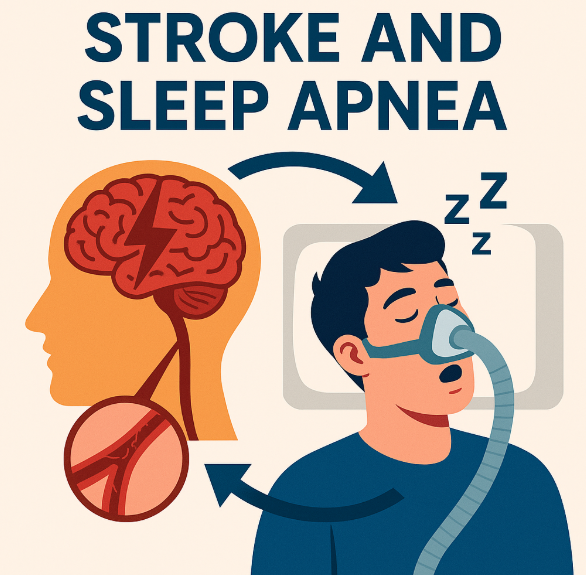
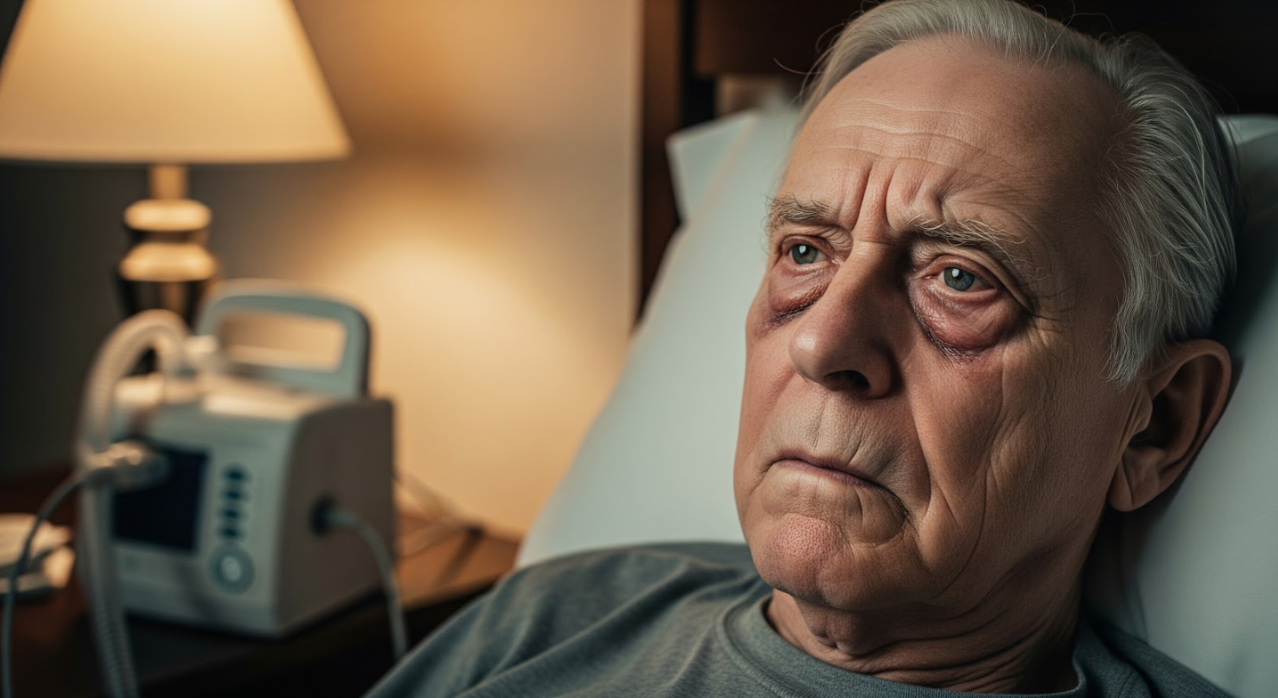
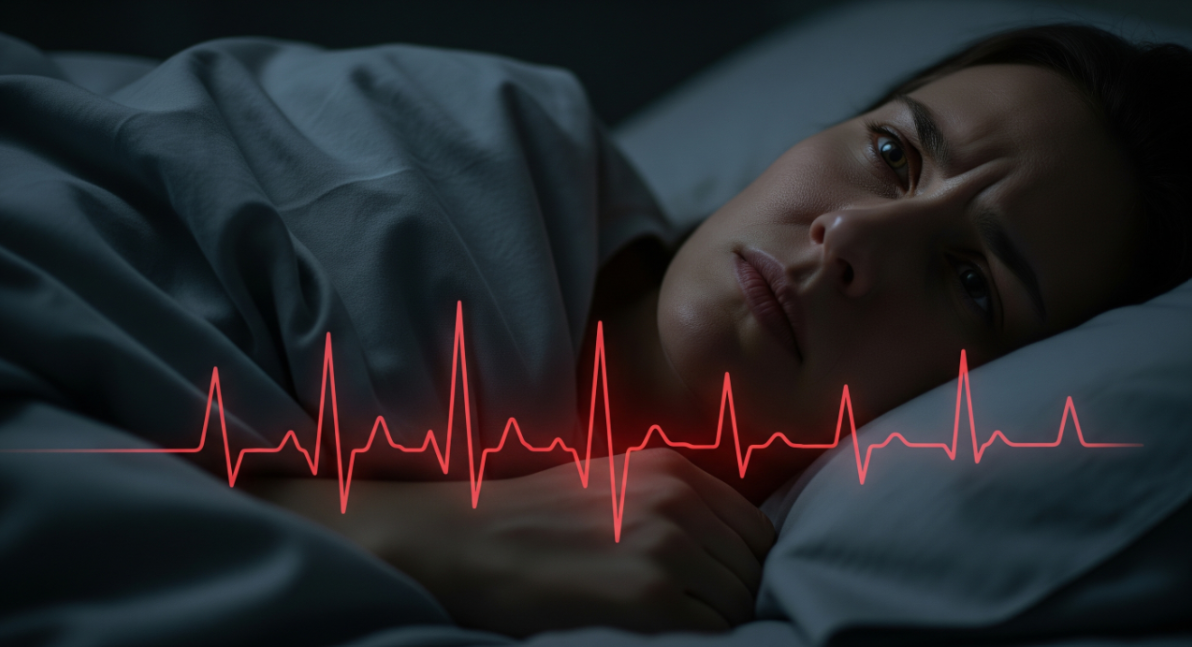






























































%20thumbnail.jpg)
.png)